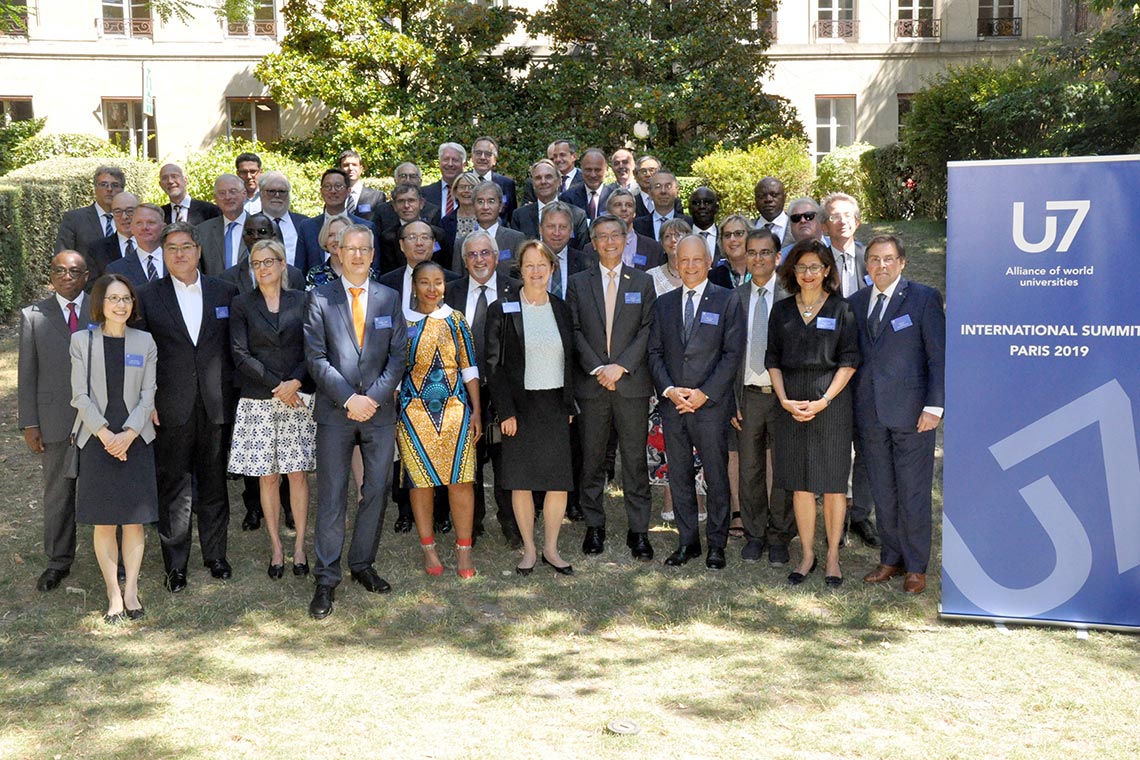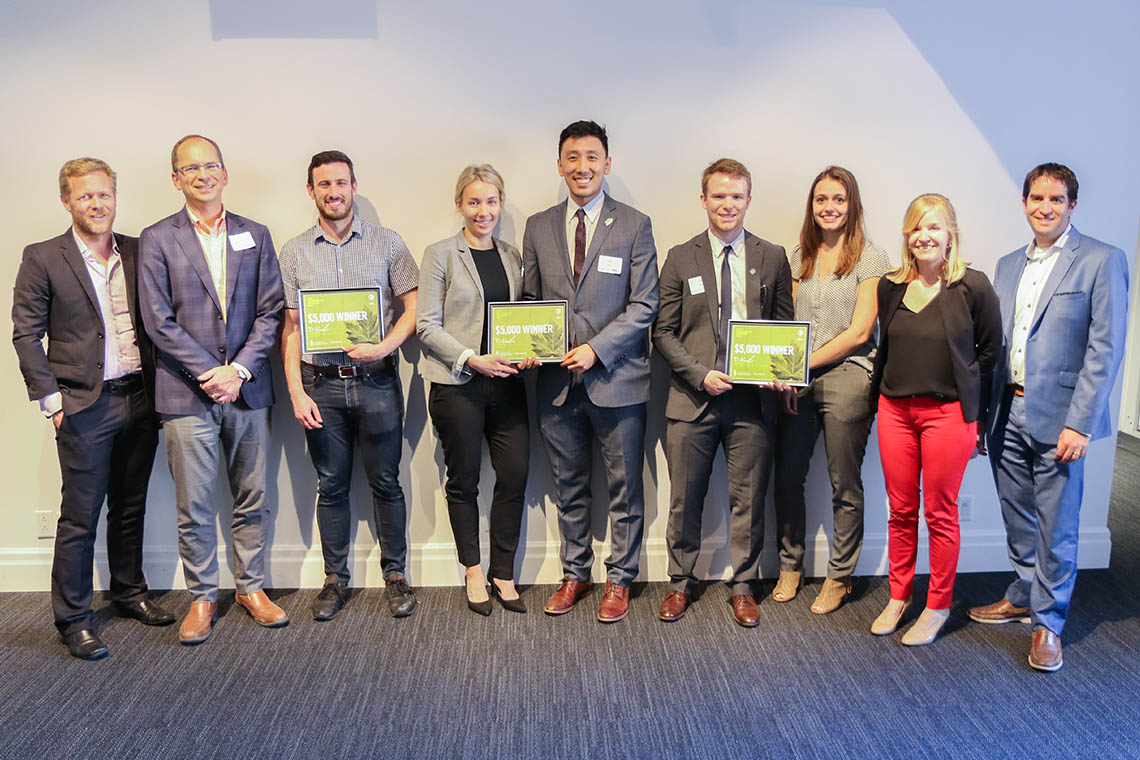Tag: sustainable development

‘An obligation to fill the vacuum’: U of T President Meric Gertler leads climate change discussion at Paris summit
The University of Toronto – represented by President Meric Gertler – was one of 47 universities that recently met in Paris to reach agreement on how post-secondary institutions can play a leadership role in addressing urgent global issues, from climate change to income inequality.
The group of universities, from 18 countries around the world, belong to the U7+ Alliance that was established by France as a way to dig deeper into the issues to be discussed by world leaders at the upcoming G7 summit in Biarritz.

U of T President Meric Gertler attends global summit of university leaders in Paris
University of Toronto President Meric Gertler is in Paris this week to attend the inaugural summit of the U7 Alliance, a unique international partnership that brings together leading universities to tackle the most pressing global challenges of the day.
The two-day summit, which kicked off today, will see the leaders of over 45 universities – drawn from 21 countries and representing over 2 million students – discuss five major global challenges: climate change and clean energy, inequality and polarization, technological transformation, community engagement and the role of universities in a global world.

Three teams awarded U of T’s first-ever sustainability innovation prize
In front of a packed room of their peers, 10 groups of students recently had three minutes each to pitch a new sustainability-focused product or startup with the potential to make a signficant impact.
In the end, three were named winners of the first-ever University of Toronto Sustainability Innovation Prize, a $5,000 award created to recognize, reward and accelerate U of T’s most innovative sustainability ideas.

EaRTH-focused: U of T-Centennial College partnership to advance cleantech, build ‘vertical farm’
The University of Toronto Scarborough and Centennial College are teaming up to establish the EaRTH District – an initiative aimed at advancing the cleantech sector through research, academic programming and commercialization.
EaRTH, which stands for Environmental and Related Technologies Hub, will be a knowledge and training centre at U of T Scarborough focused on the development of clean technologies.
Among the partnership’s plans: apply innovative technologies to food production in an urban setting through the development of Canada’s first net-zero vertical farm.

U of T researchers sign on to call for action on climate change
U of T researchers from a variety of backgrounds are among the more than 15,000 scientists from around the world who have signed onto a recent call to action on climate change.

Planning for climate change impact: U of T students roll out designs for a south Florida county
A group of architecture students at the University of Toronto tapped into their creativity, planning and design skills to reimagine new ways southern Florida can tackle climate change-related flooding, rising water levels and salt water entering canals and corroding existing infrastructure.
